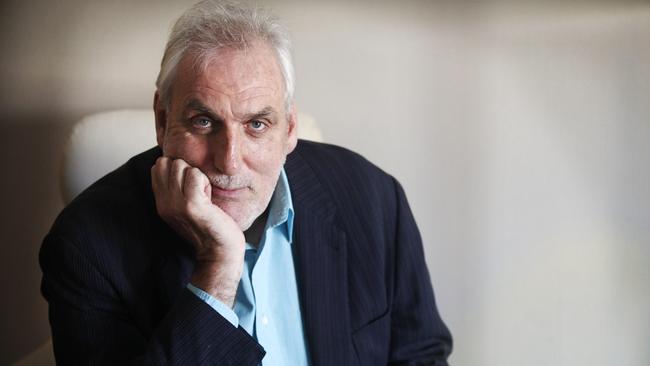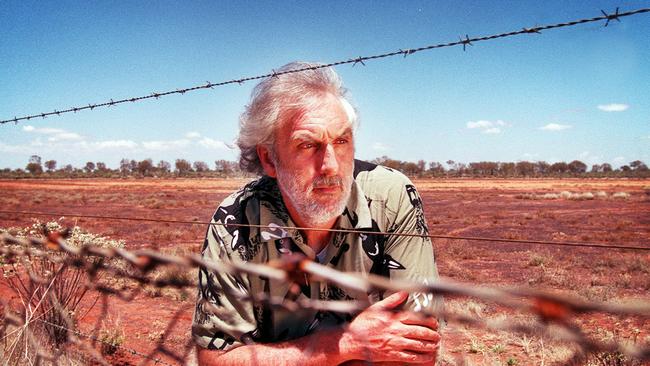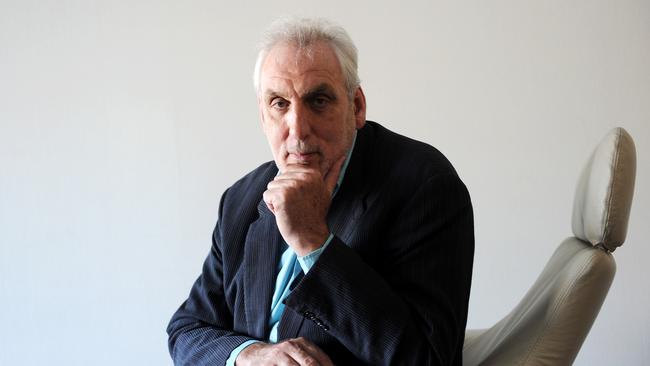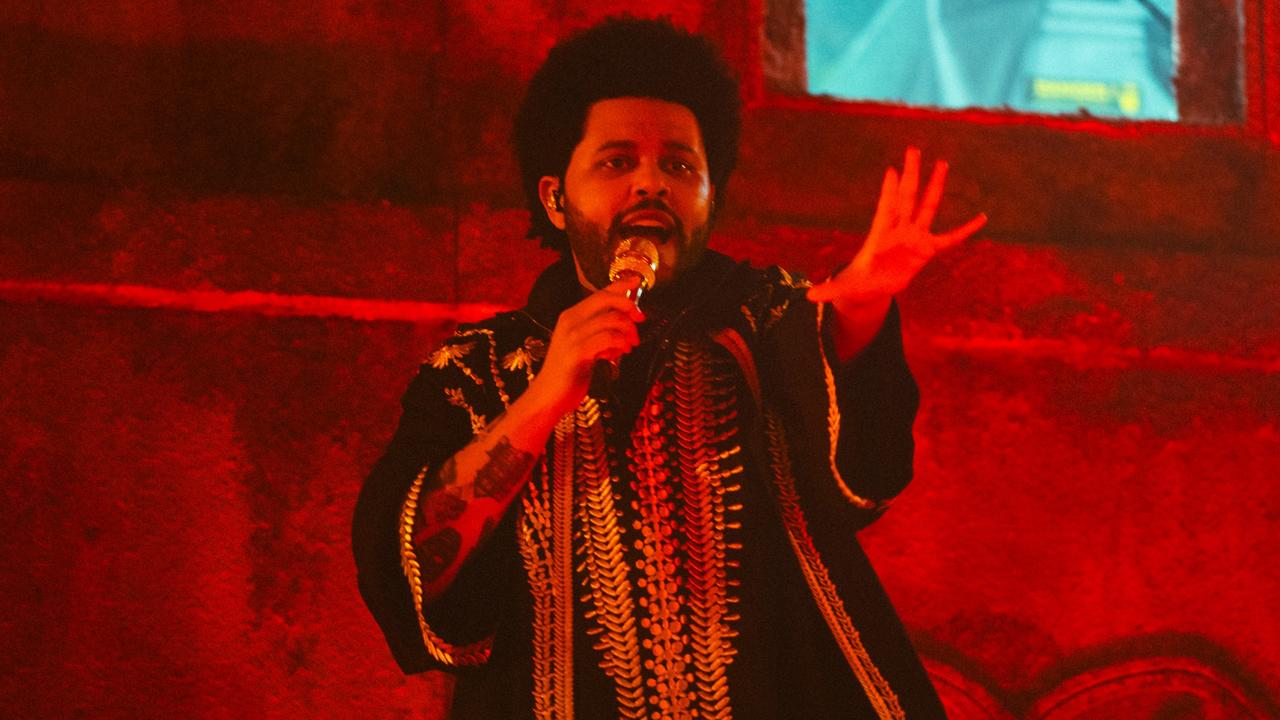Phillip Noyce: ‘Young filmmakers have to leave Australia to earn a real living’
Rabbit-Proof Fence director Phillip Noyce warns that if things don’t change the country will continue to lose its top filmmaking talent overseas.

Acclaimed Australian director Phillip Noyce AO is sounding the alarm about the future of Australian filmmaking, calling for major changes to copyright laws and director compensation.
With a career spanning more than four decades and a global body of work – including hit films such asDead Calm and Rabbit-Proof Fence – Noyce, 74, has expressed fears over the current state of the Australian film industry, saying it is pushing our most promising directors to seek opportunities abroad.
“There’s a huge brain drain going on,” Noyce, 74, told The Australian over the phone from Los Angeles.
“We have Australian film and television schools turning out a whole host of highly qualified young filmmakers, but so many of them – and I’m a prime example – have to leave Australia in order to earn a real living.”

Noyce’s remarks are part of a broader campaign spearheaded by the Australian Screen Directors Authorship Collecting Society. The group, who will meet with the federal government next week, is lobbying for reforms that would give directors more control over their creative works, putting them on “equal footing” with producers regarding ownership rights.
These changes would allow directors to access secondary revenue streams, such as royalties from online platforms and educational content – something their international counterparts already enjoy.
Currently, Australian directors receive royalties only from broadcast television.
Noyce said the copyright issue was subordinate to the “absolutely fundamental” need for Australian directors to have a standard contract. “There are not many industries in the democratic world that don’t have standard contracts by which the workers and the employers negotiate. But Australian film directors haven’t got to a standard contract yet,” he said.
The absence of a standard contract, Noyce said, had resulted in a major pay gap between directors and other key crew members. “An Australian director for a television hour will be paid less than half the rate of an Australian writer for the same television,” Noyce said.
“If I directed four television hours in America, the pay would enable me to live a middle-class lifestyle. In Australia, I’ll be one of the lowest-paid members of the crew.”

Noyce, who has spent decades working internationally, recently returned to Australia to work on a television adaptation of Emma Viskic’s prize-winning novel Resurrection Bay, where he was confronted with financial realities that made the project untenable. “When we put together the budget, I realised that I couldn’t afford to make a living wage out of going to Australia and directing this series,” he said. “The fees were just so small that were being offered in Australia.”
He said the situation posed a threat to the sustainability of Australia’s film industry: “It’s important that we don’t spend all this money on training Australians to be brilliant storytellers and directors only to lose them immediately across the Pacific.”
For Noyce, the stakes are personal. When asked why this mobilisation is happening now, he pointed to his own experience of wanting to return to Australia and realising he couldn’t afford to. “I wouldn’t be able to put my kids through school,” he said.



